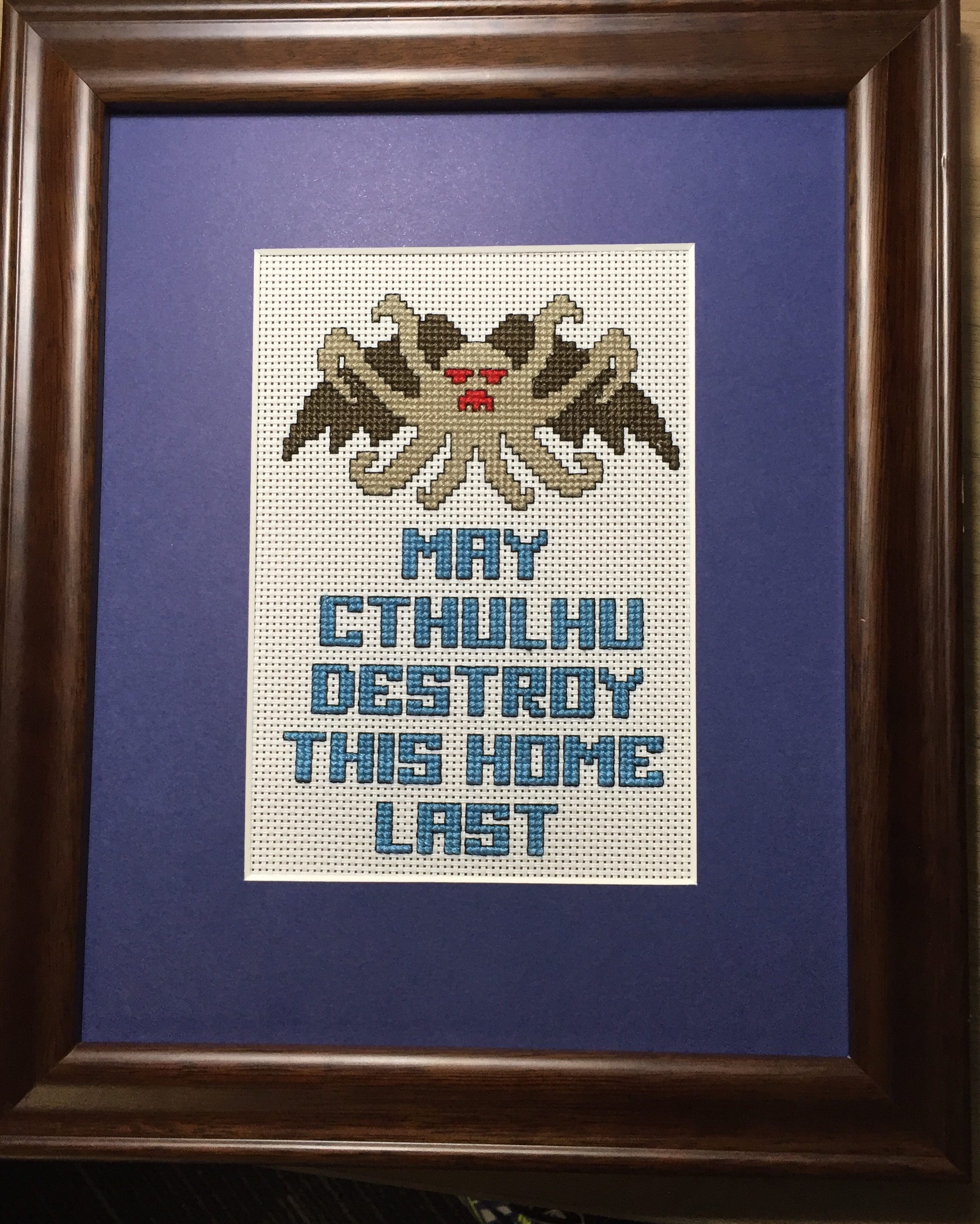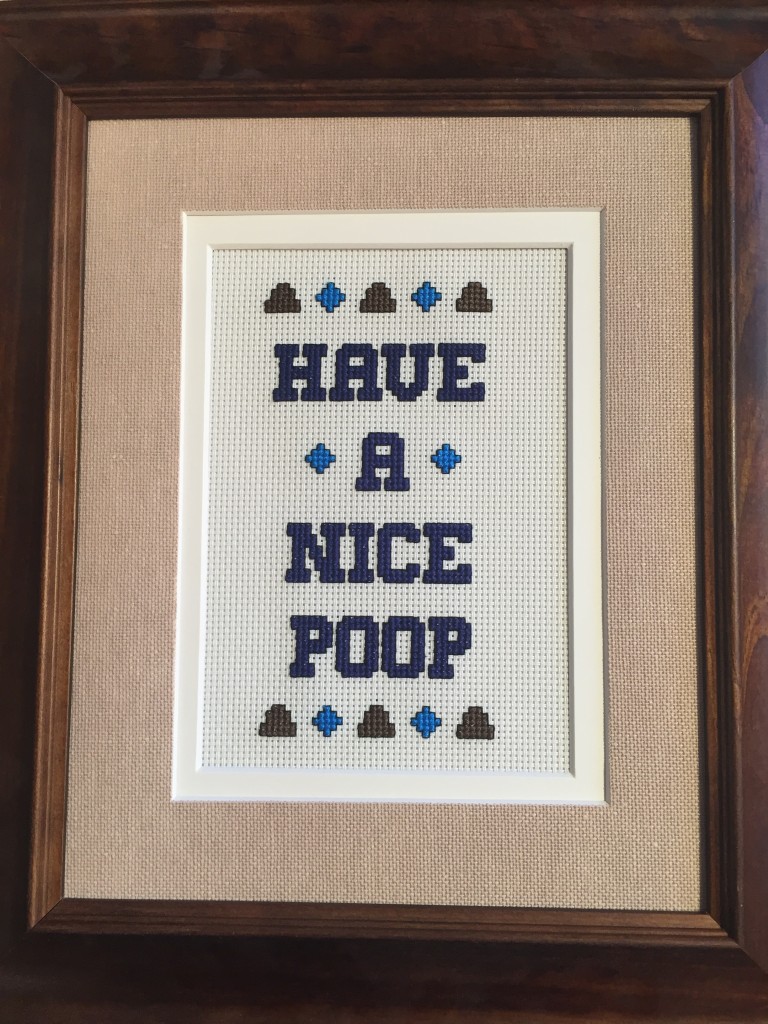Learning to type
When I started college in 1983, papers were still typed on typewriters. Typing was considered a clerical skill, and most students paid typists to prepare their final drafts. My freshman year of college, my mother typed my papers.
My sophomore year at UT, I started working for professor of German Ralph Read, who had gone blind a few year prior due to complications of diabetes. I drove him to and from campus each day, ran errands for him, and helped him some with class preparations. Since going blind, Prof. Read’s primary academic work consisted of translating German novels into English. To do this, he had quite a process. One of his graduate student assistants would read the novel into a dictation machine. Then Prof. Read would play the recording back and type the rough English translation on his IBM Selectric typewriter. The IBM typewriter was tactile enough that Prof. Read could load pages himself, feel when he was near the end of a page, etc. The only problem that plagued him from time to time was that he couldn’t tell when his ribbon ran out of ink. After typing out his rough draft translation, then he would produce a final draft with the help of a German-speaking assistant who would type the final draft for the publisher.
Ralph Read was a generous man, and he taught me many things, both academic and personal. (Unfortunately, he died unexpectedly after I’d worked for him for about a year). One of the gifts he gave me was the ability to type. Back in the days before personal computers, most professionals had typists. College professor was, however, one of the few professions where people did a lot of their own typing. And of course, typing was especially important for Dr. Read, since it was his only means of written communication. When he found out that I didn’t type, he advised me repeatedly that I needed to learn the skill. So, I bought a portable manual typewriter at a garage sale, taped over the keys, bought a typing book and taught myself touch typing.
About this same time, the first consumer-grade standalone portable word processors were introduced. I bought one that had a one-line LCD display, stored a 5-page paper in internal memory and printed onto heat-sensitive paper. I used it to type my own papers! Of course, I could only work on one paper at a time, and I had to delete one from memory before starting the next one. But it was markedly better than paying a typist or my mom.
While I was working for Dr. Read, the first Macintosh model was introduced, and the UT German department bought a couple. Nobody was very sure what to do with them, but because I had learned to type and had used a word processor, I was one of the first to sit down at the Mac and figure out how to use it. And the rest, as they say, is history.
One of the good guys
A couple of years ago, I really stepped in it in a local Crime Watch Facebook group. Someone posted a link to a local news article about some burglars who had been caught. When Facebook processed the link, it displayed an image from the article along with the link and article headline: the mugshots of the two burglars, who were both African-American. As was unfortunately typical for this Facebook group, several members posted short, nasty comments, one of which was just the word “Thugs.” I responded to this comment with “You may not want to use that word. It’s racially charged.”
I thought it was an extremely mild rebuke, but I was totally unprepared for the onslaught of responses that I got. In addition to some really nasty name-calling, several comments were self-defensive: “I can’t be racist; I’m Hispanic,” or “I didn’t mean it racist.”
My takeaway at the time was that I was viewing this interaction in the context of systemic racism: you don’t have to have racist intentions for your actions or comments to contribute to a racist atmosphere. The defensive commenters, on the other hand, viewed racism as a conscious act of hatred. Therefore, by their definition, they were not racist.
Today, my favorite blogger Fred Clark posted OotGOism: ‘Whoever tries to keep their life will lose it …’ (That’s One-of-the-Good-Ones-ism). In his post, he explains that if you see yourself as a good guy, that limits your ability to take criticism, to better understand your intentions, actions and the environment in which they exist:
He’s talking about the temptation to want to be seen as “One of the Good Ones,” and the insidious way that desire will trap us in our idea of our selves, of our identity, such that we’ll never be able to become anything other than that — someone trying to be perceived as good. And that’s not the same thing as actually being good, or becoming good, or even just becoming better.
We white liberal types fall into this trap all the time. Well … not so much fall as leap into it, tripping over ourselves to reassure people of color that we’re One of the Good Ones. This often leads to earnest but awkwardly cringe-worthy gestures that aren’t so much products of good intentions as they are desperate pleas to be perceived as having good intentions.
This explains the defensive nature of the responses that I saw in that Facebook group.
















